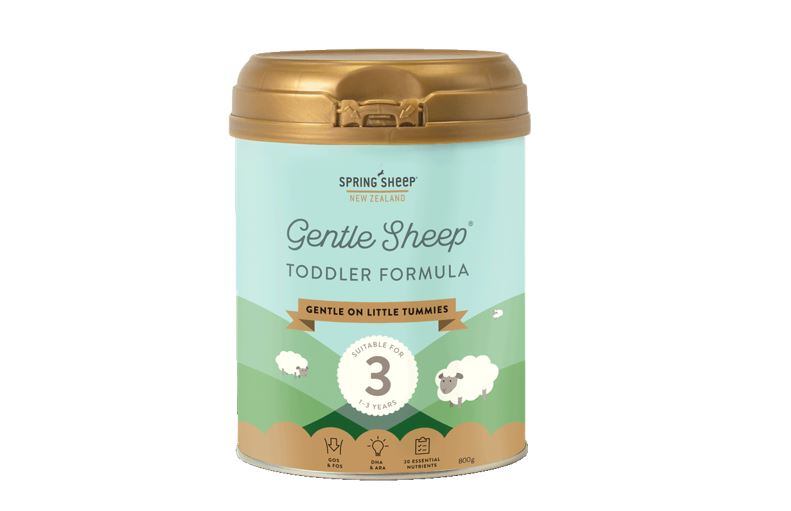This is despite the regulator adopting a more targeted approach on how it selects the types of products for testing.
In Australia, health supplements are regulated as listed medicines and the regulator conducts post-market compliance reviews on selected products.
In its ‘Half Yearly Performance Snapshot – 1 July to 31 December 2019’ report, the TGA said that out of the 92 selected products which have completed the compliance review, 63 of them (68%) were verified to have breached regulatory compliance.
This percentage was lower than that of the same period in 2018, where the proportion of the 57 products with verified compliance breaches was 90%.
In total, the TGA had conducted compliance review on 105 listed medicines in the reporting period, off which, 92 had completed the review. The compliance status for the remaining 13 products were unable to be determined.
Reasons include sponsors/manufacturers cancelling the product registration after the regulator had requested for more information or because the products were not yet manufactured.
More targeted reviews
A TGA spokesman told NutraIngredients-Asia that a more targeted approach was used when selecting the listed medicines to be tested.
The selection was done via the use of an internal data analytics where products with potential high-risk compliance issues were sieved out.
As such, there was more targeted review (82%) than random reviews (18%) conducted during the reporting period.
This was a reversal from 2018, where random reviews took up the majority at 79% and targeted review at 21%.
The key criteria for how the listed medicines were selected include signals received from customers, the industry and the other areas of the TGA, the spokesman said.
“According to our risk-based approach, we may assess compliance with either a broad range or a narrow set of specific listing requirements.
“The scope is determined based on information that the TGA possess about the medicine or the sponsor,” the spokesman said.
The regulator has also made the results of its listed medicine compliance review publicly available since end of last Dec.
More product applications
Last year, the regulator also saw more applications for new listed medicines. A total of 1,141 was received and this is a 21% increase from the same period in 2018.
The TGA said that was most likely because of companies transitioning to permitted indications.





